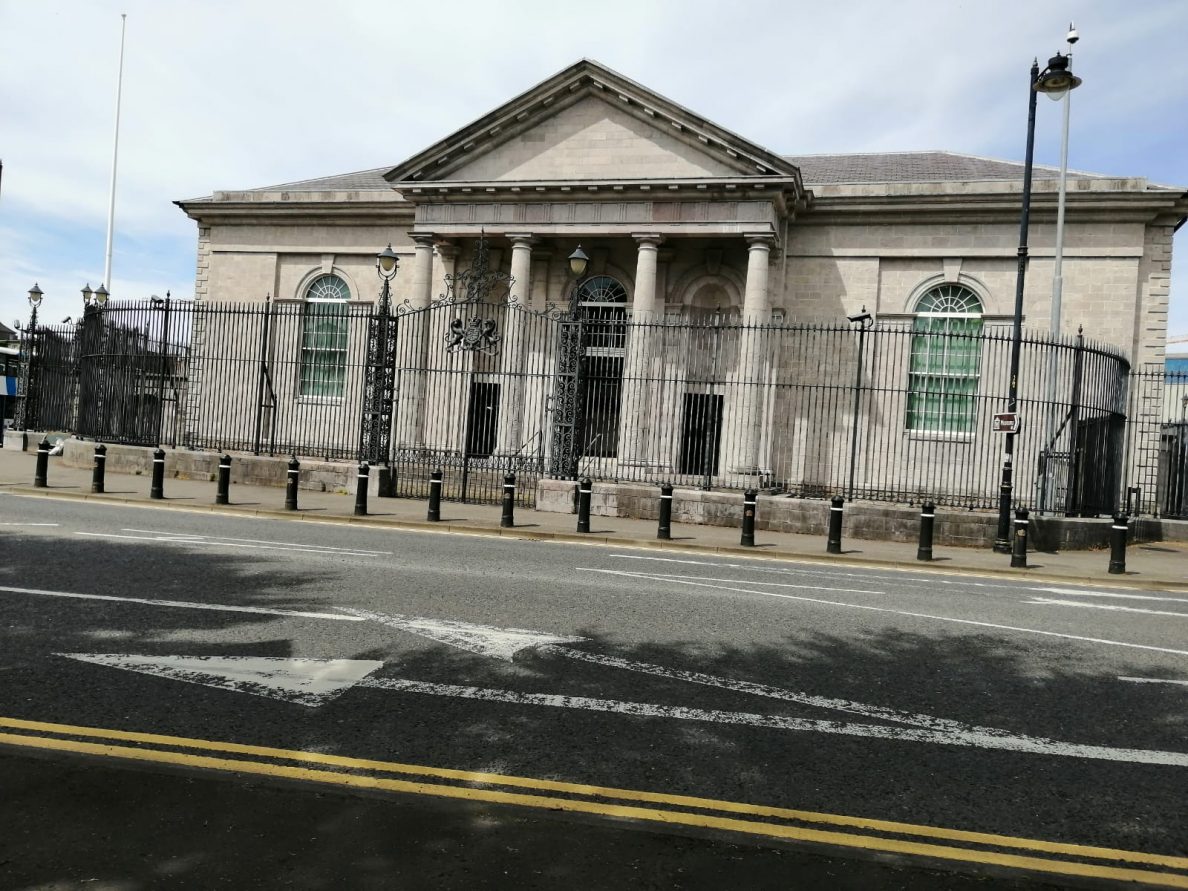
Evidence provided by a police officer in court around paedophile hunter activities in a specified area of Armagh has been called into question after information showed these were not as described.
On the basis of the officer’s sworn evidence, the judge agreed to grant a reporting ban even though no direct confirmation of the necessary threshold of real and imminent risk was provided, other than generic assumption.
The handling of the case provoked a stern response from several paedophile hunter groups who refuted any suggestion of violence, attack or assault. They insisted their practice is to gather evidence and while they do confront targets, this is always in the presence of police, whom they notify in advance and pass all information gathered.
The Armagh case relates to a male accused of intentionally encouraging a child to engage in sexual activity in 2018.
When first in court last December, press weren’t notified of the reporting ban application, which was challenged through the Lord Chief Justice.
Enquiries revealed: “The application preceding the order was agreed upon by the PSNI, PPS and defence. The basis for the order was a risk to the safety of the defendant as he is in fear of attack if identified”.
However the PPS said they did not seek a reporting ban and while issues were highlighted by police, these related to identification of the injured party.
Attempts to engage with PSNI were shunned, even when it was pointed out if risk was the grounding principle, substantiated evidence would be required from police.
The case was revisited in February where the defence argued risk was evidenced by: “A very experienced police officer who lives locally relevant to this case.”
Quizzed on his previous input by the judge, the officer said: “It’s a small community and I would have been familiar with the family name. It wouldn’t have taken a lot of process to find out who they were from the nature of the incident.”
This was repeated several times focusing on identification of the accused, his family and how he could become known.
The judge stressed the actual identification of the accused was not the issue in question, unless there were concerns around risk.
Again the officer repeated: “It’s a small, rural community. The family would be well known. I think he would be easily identified, and I know there have been incidents recently where paedophile hunters have gone to houses and attacked individuals. I am aware that is prevalent within the area, or certainly was last year. They have turned up at houses and one was arrested for assault. After that there was a bit of a lull, but I believe they are still active in the area.”
The judge ruled: “You’ve given evidence on oath of a prevalence of a so-called paedophile hunter attacked someone. I’m content an order is required.”
But it has transpired, while there was an assault somewhere in the County Armagh area, it was never prosecuted.
A Freedom of Information request revealed police attended seven incidents in the entire County Armagh area, as opposed to just the City and District, during 2019/20. Not only does the county cover the Armagh Court Division but also the much larger Craigavon Court Division, encompassing Lurgan and Portadown.
From the seven incidents, there was a single report of an assault but zero prosecutions, contrary to the officer’s evidence of paedophile hunters “going to houses and attacking individuals.”
The PSNI were asked if officers receive training on how to provide evidence in support of a Reporting Restriction Order for defendants in court.
A spokesperson said: “As part of our detective foundation course delivered at the Police College, our detectives are trained to be aware of when Reporting Restriction Orders are applied in court, for example, in sexual offences cases. However, detectives in receipt of this training are not specifically trained to provide evidence in support of a Reporting Restriction Order for defendants in court.”





